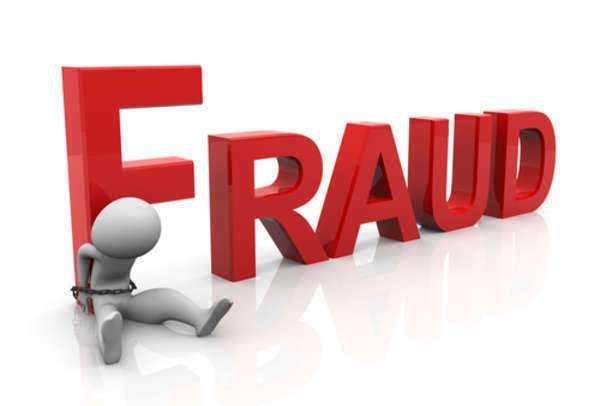Concept of Reverse Mortgage Fraud
The concept of a reverse mortgage in itself may not be all that well-known to the average homeowner, so that recognizing attempted reverse mortgage fraud could prove exceedingly difficult for the uneducated consumer. Realistically, the market for reverse mortgages at present is small, but evidence suggests that demand for information on them and applications for them are growing rapidly.
By extension, so are reported cases of reverse mortgage scams. As is often stressed, the elderly are an all-too-frequent target for fraud, especially in matters concerning the home (e.g. door-to-door salesmen charging unreasonable rates for home repairs). Concordantly, various government agencies like the Federal Trade Commission and the U.S. Department of Housing and Urban Development are making it their mission to monitor reverse mortgage fraud schemes directed at the elderly, and prosecute against the originators of these reverse mortgage scams whenever possible.
Going back to the fundamentals of reverse mortgages, though, we cannot hope to understand why seniors are so sought after in reverse mortgage fraud attempts beside presumptions of weakness and senility. A reverse mortgage is rather aptly named because it employs the opposite payment scheme of a conventional home mortgage. Conventionally, a home mortgage orchestrates a loan with a series of repayments to be made every month to the lender after the signing of the contract.

With a reverse mortgage, on the other hand, a homeowner turns equity in his/her home into a lump sum payment from a lender or a regular system of receipt of funds from said lender to be repaid in bulk plus interest upon death, relocation or some other life-changing effect ceases occupation of the property. Usually, seniors are the most attractive targets for reverse mortgage scams because they tend to have the most home equity built up after years of steady mortgage payments.
As for how this reverse mortgage fraud manifests itself, perpetrators will convince elders to pay large amounts money for property deeds based on appraisals of homes artificially inflated after cosmetic changes are made to the house (a.k.a. "flipping" these homes). Not only are elderly individuals overpaying in these reverse mortgage scams, but they are using up their most or all of the value in their home to do so.
While the federal government and elder advocates are doing everything in their power to sniff out and curb the rate of reverse mortgage scams in America, it is still up to seniors and their families to exercise a great deal of caution and discretion when making any deals with a foundation in real estate. Some tips for avoiding reverse mortgage fraud victimization:
If genuinely interested in seeking out a reverse mortgage and is in need of a place to start regarding research, HUD is a good place to start. The Department of Housing and Urban Development offers free information to consumers about these kinds of loans. Meanwhile, some paid services may try to charge hundreds, if not thousands, of dollars to do the same. In general, solicitors should be wary of upfront fees, and should make sure they are provided with a schedule/list of all charges to be compensated over the course of service.
Be aware of what may feel like unnecessary attempts to move along a conversation about reverse mortgages to a binding agreement, i.e. pushy salesmanship. A good realtor/lender will be forthcoming with you about what such arrangements entail, and will look to see that you understand these proceedings. In the event you are not comfortable with any proposal, you reserve the right to refuse it and protect your best interests.
If you suspect reverse mortgage fraud, do not hesitate to call HUD, the Federal Bureau of Investigation, or another appropriate authority. These organizations will usually have hotlines established for this very purpose whose staff should regard all legitimate claims with the utmost seriousness.